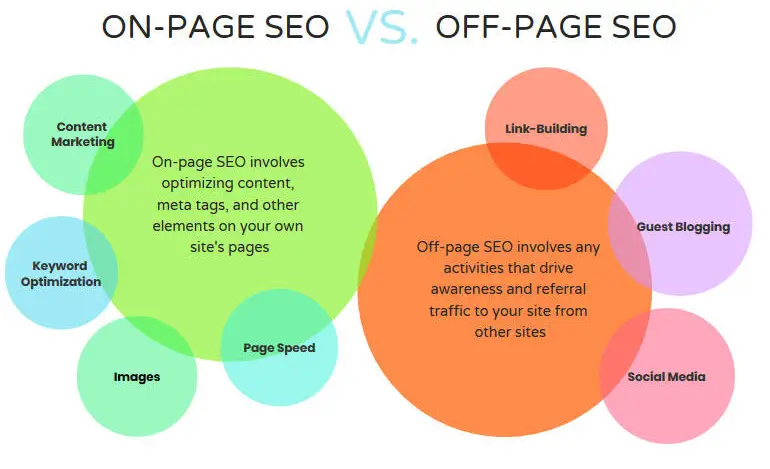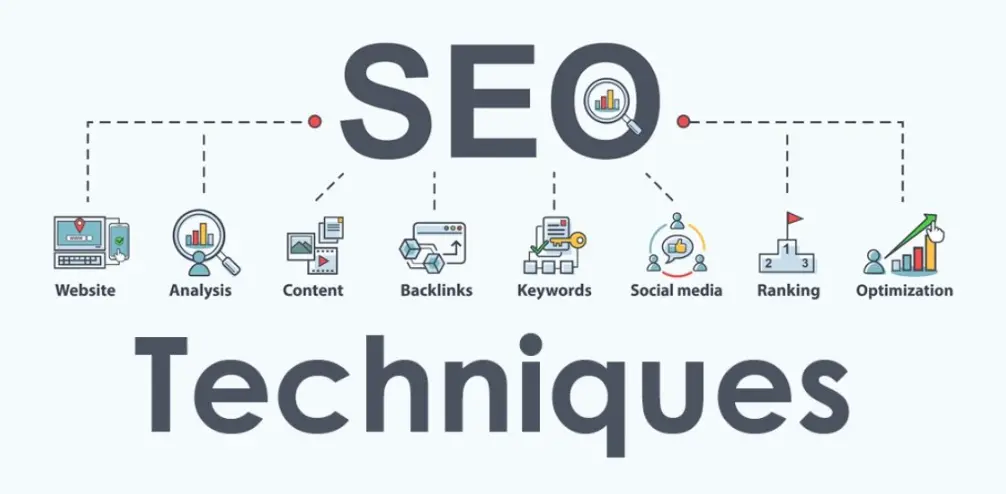How did you end up on this page? Well, there is a high chance that you were searching for what is SEO and how it works, right?
It doesn’t matter whether you’re using Bing, Yahoo, Google, or any other search engine; we’re just glad that you are here to learn about what search engine optimization is and how it works in 2023. Grab a cup of your favorite coffee or tea, and read this article until the end.

What Is Search Engine Optimization + How Does it Works:
Search engine optimization, or as many people call SEO, is a process of improving the rating and ranking of your website. This includes the website’s trustworthiness, relevance, and usability with only one goal in mind; to increase organic search results regardless of the search engine.
That’s right; the higher and better your organic search results ought to be, the more traffic you can expect from them. SEO is a digital marketing strategy that solely focuses on improving your website’s search results on the most popular search engines such as Google, Yahoo, Bing, etc.
If you think that developing an attractive and informative website will be sufficient for ranking it on the SERP, then you are wrong. Search engine such as Google uses more than 200 SEO factors for rating your site. Only if your website has them the search engine will consider it legit and start to rank it.
So, keep in mind that when it comes to SEO, you need to keep up with the changing trends of the search engine, such as Keyword research, content, speed optimization, and read more about it.
How Does Search Engine Optimization Work:
Guys, search engine optimization, is a product of the search engine. Different search engine companies such as Google, Bing, and Yahoo have ranking factors. The companies use these factors to determine the most legit and relevant content that is being searched. But before it can determine the website or content for relevance, it must first crawl and index the page.
Crawling Entire Website:
Have you ever seen a spider crawl a wall? Well, search engines also use crawling in order to discover a new page or re-discover an existing page. Search engine crawlers are also known as spiders because they crawl too. Webpage crawling is imperative for SEO for the internal links and backlinks present on that page.
Page Indexing:
Search engines such as Google, Yahoo, and Bing use indexing for storing content from webpages and delivering it via search results. The indexing happens after the page has been crawled. Only the authentic web pages get indexed, while the other ones get blocked and removed immediately.
Now that the page has been crawled and indexed, the search engine will now analyze the webpage against the factors such as:
- Speed Optimization
- Backlink Profiling
- Keyword Usage
- Mobile Responsiveness
- And others
Note: You will not find all the ranking factors on the internet. Just make sure that the content of your webpage is unique, informative, and grabs the attention of people.
What Is Organic And Paid Traffic:
Well, the most prominent difference between organic and paid traffic is that; organic is free, while, as the name implies, paid traffic is paid. When you search anything on the internet browsers, you might see the word “ad” attached to them. These are paid listings, which means that the advertiser will have to pay the search engine for every click.
At the same time, no money will be charged when anyone clicks on an organic listing. Always remember that paid searches are considered to be valuable, and they have their own uses. But the organic search returns ROI; thus, it makes SEO a smart investment for small, medium, and large scaled business brands.

Three Types Of Search Engine Optimization:
Since there are more than 200 factors of SEO, all of them are not jolted down into just one category. There are three types of search engine optimizations.
On-Page SEO:
On-page SEO strategy happens on your websites, such as ranking the keywords, content creation, headings, and much more.
Off-Page SEO:
Off-page SEO strategy happens off your website, such as backlink profiling, guest posting, running PPC campaigns, and much more.
Technical SEO:
Technical SEO strategy happens at the backend of your websites, such as the website loading time, the alt text tags, Meta title and description tags, and much more.
Final Words:
Off-page, On-page, and technical SEO aim to make any website more user-friendly and, at the same time, trustworthy for the end-users. Keep in your mind that you’re not only making the website for people around the world but also for the search engine. Only then will you be able to rank your website on the top of the SERP.





